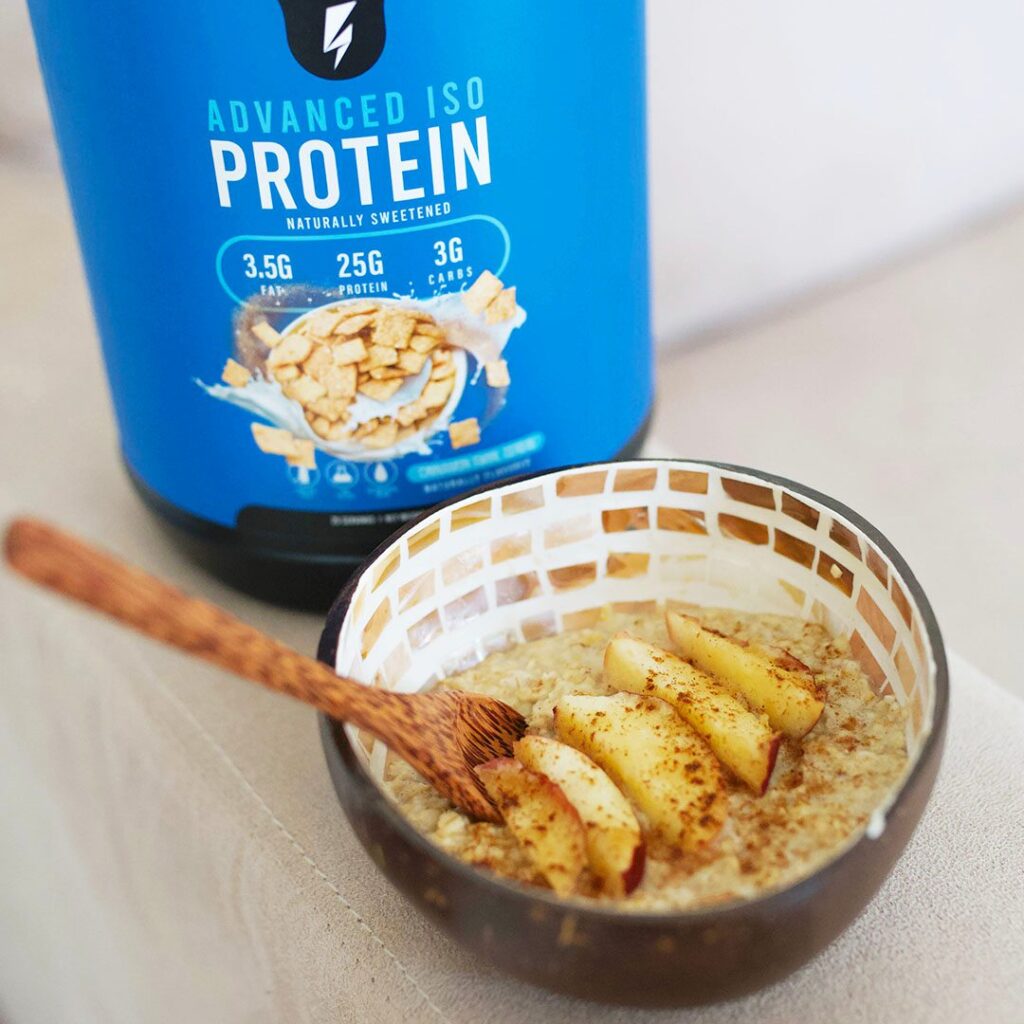Which plant-based milk option is the healthiest? Here’s a breakdown of plant-based milk options to help you figure out the best option for your nutrition goals.
When shopping for milk alternatives, here are a few key tips:
- Generally, the shorter the ingredient list the better. It’s totally normal to have 2 or 3 stabilizers, but try to avoid brands with a long list of them.
- For soy and oat milks, buy brands that use organic oats or soybeans .
- Keep sugar levels low by buying unsweetened varieties.
- Skip “Barista Blends” as they’re usually made with extra ingredients (and are higher in calories) so that they foam better.
- Avoid products containing carrageenan — a common additive that’s used by manufacturers as a thickening agent. While it’s recognized as safe by the FDA, early animal and test tube studies suggest that it may cause inflammation and digestive distress (such as bloating).
*Nutrition content is based on unsweetened varieties. Nutrition stats will vary by brand and flavor.
Almond Milk
Nutrition for 1 cup unsweetened: 30 calories, 2.5 grams fat, 1 gram carb, 0 grams sugar, <1 gram fiber, 1 gram protein, 30% DV for calcium, 10% DV for vitamin D.
Flavor: There’s a reason almond milk has become so popular as it has a very mild, slightly sweet, slightly nutty flavor.
Texture: It’s generally smooth, light, and creamy. It tends to be a bit thinner than cashew milk.
Pros:
- Easy to find.
- One of the lowest in calories.
- Low in carbs, and sugar (unsweetened varieties).
- Most brands are fortified with calcium and vitamin D.
- It’s smooth texture and mild flavor make it quite versatile.
Potential drawbacks:
- Low in protein and fiber
- Uses a lot of water to grow the almonds (more on this later in post)
Cashew Milk
Nutrition for 1 cup unsweetened: 25 calories, 2 grams fat, 1 gram carbs, 0 grams sugar, 0 grams fiber, <1 gram protein, 45% DV for calcium, 25% DV for vitamin D.
Flavor: Unsweetened cashew milk has a very mild, slightly sweet flavor. I find it to to have one of the most milk flavors compared to other nut-based milks.
Texture: It’s texture is creamy and slightly thicker than almond milk.
Pros:
- Generally easy to find.
- One of the lowest in calories.
- Low in carbs and sugar (unsweetened varieties).
- Most brands are fortified with calcium and vitamin D.
- It’s mild flavor makes it quite versatile.
Potential drawbacks:
- Zero grams of fiber or protein.
- Not available at most coffee shops.
Coconut Milk (carton, not canned)
Nutrition for 1 cup unsweetened: 40 calories, 4 grams fat, 1 gram carbs, 0 grams sugar, 0 grams fiber, 0 grams protein, 35% DV for calcium, 10% DV for vitamin D.
Flavor: Not surprisingly, coconut milk has a strong coconut flavor. So, if you like coconut, you’ll like this milk. However, it can make it less versatile for cooking and baking.
Texture: While not as thick as coconut from a can, I still find carton coconut milk to be thicker, richer, and creamier than most other plant-based milks.
Pros:
- Easy to find at most large grocery stores.
- Low in calories.
- Low in carbs yet high in fat, which may be good for individuals on a high fat diet like keto.
- Most brands are fortified with calcium and vitamin D.
Potential drawbacks:
- Zero grams of fiber or protein.
- Higher in fat than many other options.
- Strong coconut flavor makes it less versatile than other options.
Oat Milk
Nutrition for 1 cup unsweetened: 80 calories, 1.5 grams fat, 14 grams carbs, 2 grams fiber, 1 gram sugar, 4 grams protein, 2% DV for calcium, 0% DV for vitamin D.
Out of all the milk alternatives I looked at, there was a huge variation in the nutrition stats of oat milk by brand. Most unsweetened varieties I found varied anywhere from 60 calories (Silk Brand) to 100 calories (Califia Farms brand).
Additionally, many brands only offer an “original” but not “unsweetened” option. I used Elmhurst Unsweetened Oat Milk above.
Flavor: Oat milk tends to be quite mild and slightly sweet with an underlying oaty flavor.
Texture: Oat milk is popular at coffee shops as it has a thick, creamy consistency.
Pros:
- More protein than many other plant-based milks (depending on the brand).
- More fiber than most other plant-based milks.
- Easy to find.
- Taste and texture tend to go well in coffee drinks.
- While naturally slightly sweet, it’s still quite versatile.
Potential drawbacks:
- Higher in carbs than many other plant-based options.
- Some brands contain higher amounts of oils that can make them high in fat.
- Not all brands are not fortified with calcium and vitamin D. Ones that are fortified usually offer around 25-35% DV for calcium and 15-20% DV for vitamin D.
Find this article interesting and useful? Share it! 🙂
Our mission at PushPointe is to motivate, educate, and inspire you to live the fit life. If you don’t already subscribe to the world’s most popular health and fitness site, you’re invited to join thousands in our health conscious community. Have a comment, question, or idea? Email us at info@pushpointe.com.
Live the Fit Life. Subscribe to Our Bi-Weekly Email











